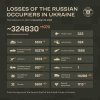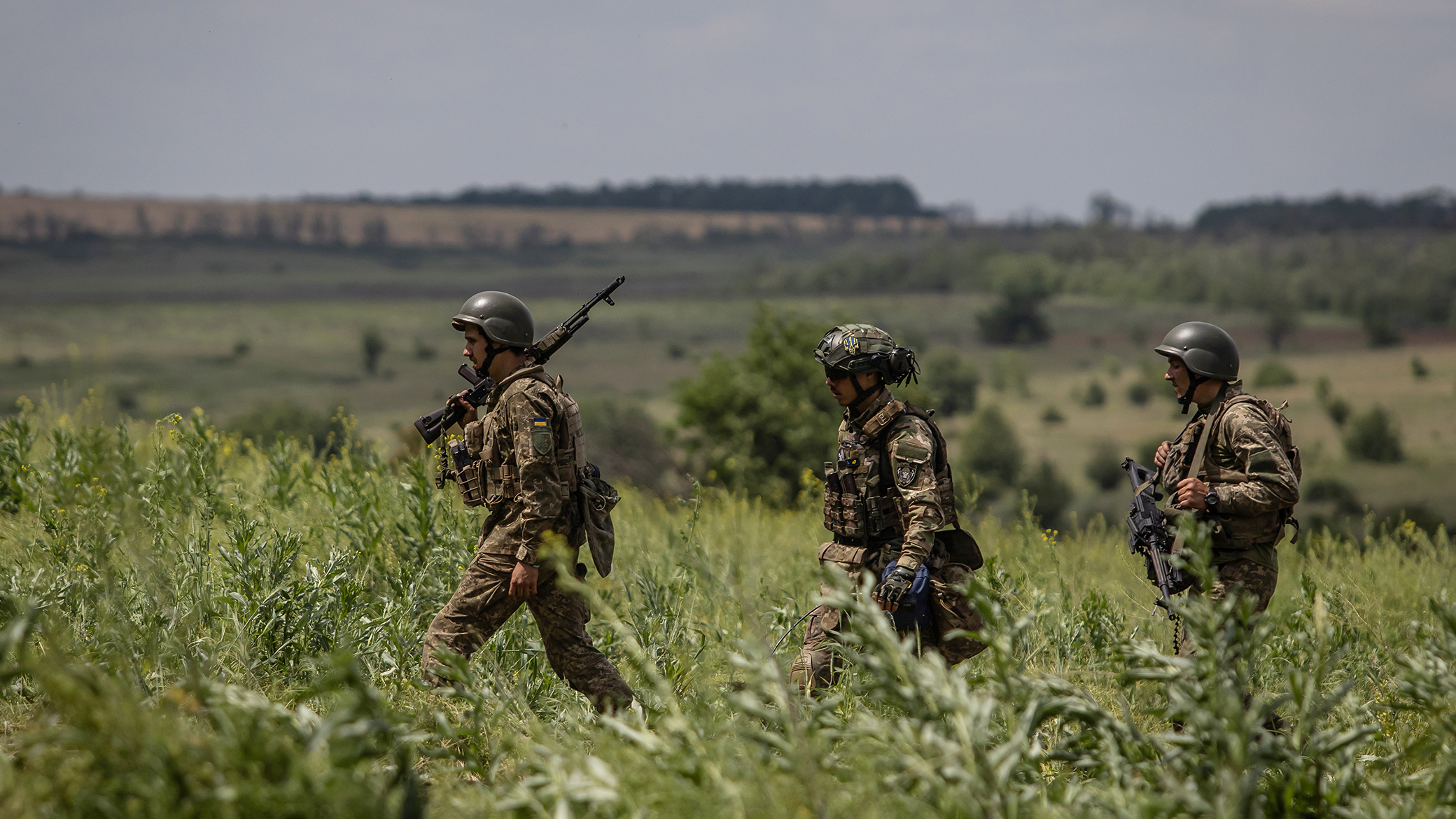Day 640: Nov 25
Today, there are a lot of updates from Avdiivka.
Here, Russian forces finished regrouping and launched another wave of attacks. The most intense clashes took place on the northern flank of Avdiivka, where Russians did not give up on the idea of getting a foothold on the chemical plant territory.
Russian sources posted footage from the Russian reconnaissance drone operators that show exactly what Russians see when they go to storm the plant. As you can see, the chemical plant is huge and has a lot of buildings and other structures that are used as fortifications. Russian sources reported that the maze of complex and unusual structures gives Ukrainians an even bigger opportunity to establish cameras for surveillance of the area or electronic warfare systems to suppress Russian drones because they are extremely difficult to detect in such a setting. When some camera or antenna is established on the side or top of the building, it stands out and is quite easy to detect, while in this maze, very often cameras, electronic warfare systems, and sometimes even ATGM positions are unnoticed.
By the way, Russian analysts recently complained about the fact that Russian forces continue using the same road even though it is under total ATGM fire control. Today, a Russian soldier published a video showing a graveyard of Russian vehicles on the road in front of the chemical plant. Some analysts concluded that this is exactly the region that some complained about, however, it seems it had no influence, and the Russian commanders continue sending forces via the same road.
Moreover, Ukrainians continued attacks on the Russian key logistical routes from Horlivka, as described in the previous video. Ukrainian fighters from the one-hundred-ninth brigade showed how they caught multiple pieces of equipment in Verkhnotoretske. In one raid, Ukrainians destroyed 1 satellite communication system, 1 howitzer, 1 armored fighting vehicle, 3 trucks with personnel or equipment, and 3 cars used by Russian soldiers. Such actions impeded Russia's ability to launch a new wave of attacks. Nonetheless, the Russians received the order to advance with the forces that they managed to accumulate.
The first vector of the attack became the chemical plant. As Russians lost control over the tree lines in front of the plant during the regrouping, their first objective was to retake them. Russian forces rapidly ramped up their offensive operation to generate gains before Ukrainians could respond with sufficient means. Once the tree lines were occupied, Russians started sending even more troops to get a foothold on the plant territory. Unfortunately for Russians, Ukrainians established total fire control over these tree lines. Ukrainian fighters from the forty-seventh brigade released a video showing how they opened fire from Bradleys precisely at the tree lines that Russians used to channel reinforcements. Russian forces found themselves in a very inconvenient position and redirected these forces to counter the Ukrainian firing points.
For this, they opened another vector of attack toward Stepove. The goal here was to push Ukrainians out of the village and at least temporarily suppress the fire from machine guns by attacking Ukrainian firing points from Stepove. Unfortunately for Russians, that did not work either. Ukrainian mechanized units were tightly controlling the Berdychi-Stepove area, and as reported by a fighter from the twenty-fourth brigade, Russians used up to 20 vehicles of various types, crossed the rails, and then 90% of the assault unit was destroyed, while the rest fled. The failed attack on Stepove undermined the Russian attack on the chemical plant, and the Russians retreated.
Overall, Ukrainian forces established fire control over Russian logistical routes that Russians must use to conduct any attack on the chemical plant. As a result, Russians not only failed to accumulate a critical mass of forces to overwhelm the Ukrainian defense but also got their offensive undermined by using roads that are exposed to Ukrainian fire. The lack of forces also did not allow Russians to be flexible and respond to emerging threats, which is why the attack ended before the Russians managed to achieve anything significant.



